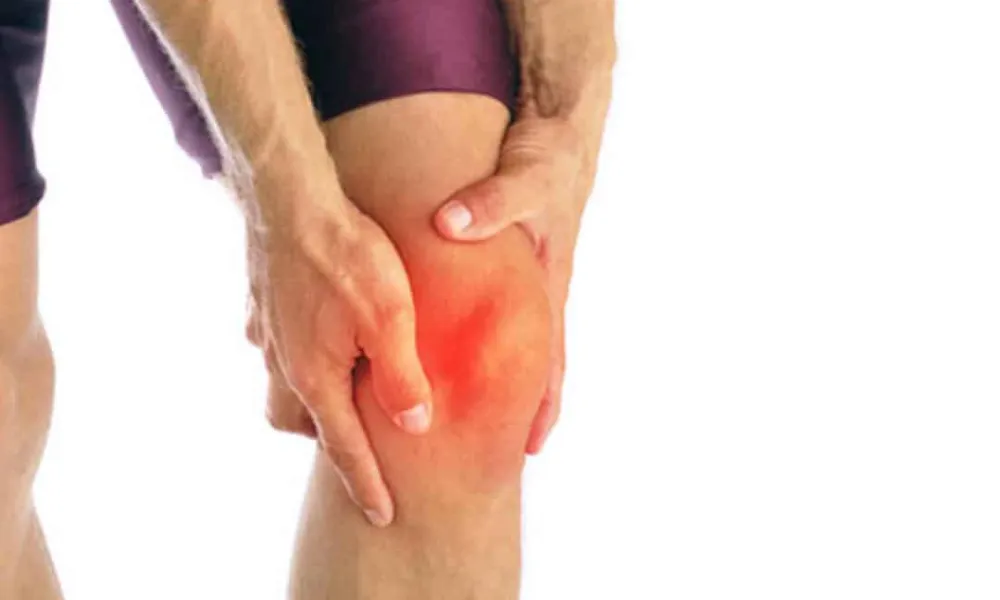
Ligament Injuries in the Knee
Ligament Injuries in the Knee
The knee is the largest joint in the body. It is a complex structure of muscle, bone, and ligaments. The cruciate ligaments and the collateral ligaments work together to stabilize the knee joint during movement.
The cruciate ligaments cross each other inside the knee joint, holding the knee in place during movement. As the knee ligament names imply, the anterior cruciate ligament (ACL) is located at the front of the knee and the posterior cruciate ligament (PCL) is found at the back. The ACL and PCL connect the femur (or thighbone) to the tibia (or shinbone).
The collateral knee ligaments are located on the sides of the knee. The medial collateral ligament (MCL) connects the femur to the tibia on the inner side of the knee and the lateral collateral ligament (LCL) connects the femur to the fibula, another bone in the lower leg, on the outer side of the knee.
Although injury can occur to any of these knee ligaments, the most common is a torn ACL. ACL injury also causes the greatest instability to the knee joint, because the ACL allows the knee joint to bend and turn easily and prevents the tibia from sliding under the femur during movement.
Athletes participating in sports requiring sudden pivots, turns, and similar maneuvers are at a greater risk of a torn ACL. According to the American Academy of Orthopaedic Surgeons (AAOS), ton knee ligaments commonly occur from:
- Changing direction rapidly
- Slowing down when running
- Landing from a jump
- Direct contact, such as tackling
The AAOS also points out that an ACL injury may not immediately result in pain. You may hear a popping noise and feel your knee give out from under you. The knee usually swells within a few hours of injury and there is pain when weight is put on the knee, particularly the knee ligaments.
Treatment immediately after a knee ligament injury should include applying ice and elevating the knee to control swelling until you are able to see an orthopedic physician. Walking or running on a torn ACL could damage the cartilage in your knee. A completely torn ACL will require surgical reconstruction. A partial ACL injury may not need surgery.
Other torn knee ligaments are not as common as ACL tears. PCL sprains are more common than tears and occur when the knee ligament is stretched too far during activity.
Similar to a torn ACL, an injured PCL makes the knee joint unstable. If the PCL is torn, the tibia can begin to slip backwards causing the femur and tibia to rub against each other. This condition eventually breaks down cartilage and may lead to arthritis.
The MCL stabilizes the knee by preventing the joint from widening. As a result, MCL injury is usually caused by impact to the outside of the knee. The blow causes the knee to collapse and the joint widens because the MCL is overstretched.
Because the knee ligaments all work together to stabilize the joint, a torn MCL can be isolated or part of a more complex knee injury. It is not uncommon to tear the ACL and MCL during the same injury. LCL injury is not a common occurrence.
To determine the severity of torn knee ligaments or other knee injuries, an orthopedic physician will test the knee joint to see if it stays in proper position. Imaging studies, such as x-rays or MRI, are also used.
Regardless of a partial tear, complete tear, sprain, or surgical reconstruction of torn knee ligaments, a physical therapy program is necessary to strengthen the muscles and restore motion to the knee joint.
For more information about knee ligament injuries, ACL treatment, torn knee ligaments, or to schedule an appointment, call Proliance Orthopedic Associates at 425-656-5060.
Additional Resources:
Medline Plus (National Institutes of Health)



